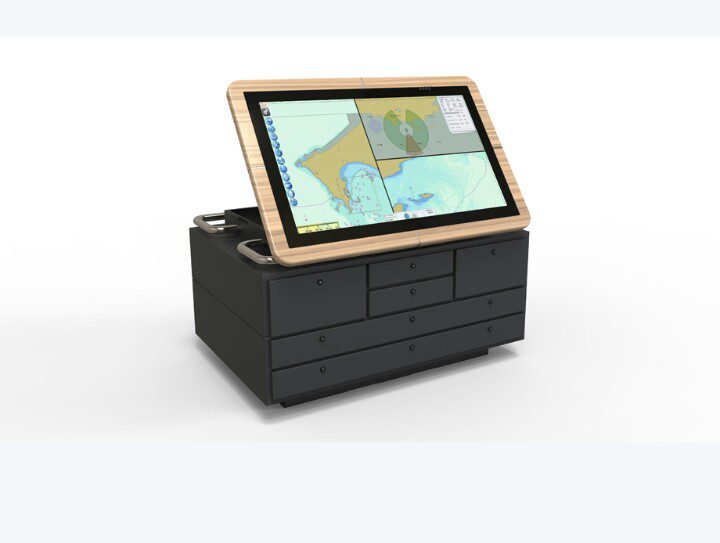The Islamic Republic of Mauritania has chosen NEXEYA to provide a complete suite of mission management and communication systems for the country’s offshore patrol vessels (OPV). This will enhance the Mauritanian Navy’s capabilities in dealing with increasing maritime threats.
France based NEXEYA is offering its LYNCEA maritime surveillance system, which will give Mauritania a maritime surveillance capability by connecting together its patrol boats and the main command center of Nouakchott and the secondary center of Nouadhibou.
According to NEXEYA, “LYNCEA is an embedded naval surveillance and defence CMS, for use on patrol boats and surveillance frigates. It enables the creation, maintenance, and monitoring of the tactical picture using on-board sensors (radar, optronic devices, sonar, electronic warfare, AIS, ADS-B, NATO or non-NATO data link).”
Mauritania possesses a wide maritime EEZ and is facing many challenges. The country must in particular protect its oil and gas resources in the South (Great Ahmeyim Turtle), protect its maritime environment (Parc National Bank of Arquin), fight against migration and illegal trafficking and protect its fishery resource.
Three patrol boats of the Mauritanian Navy: the Abourbekr Ben Amer and El Nasr vessels made in France and the Z’bar produced in Germany, will be able to use the various on-board sensors to monitor a large area and detect even small moving targets.
The LYNCEA systems NEXEYA is providing are first the LYNCEA PATROL, which will equip each of the OPV. The LYNCEA MOBILE will equip the speed boat of each of the three patrollers with its data link. The headquarter will receive the LYNCEA COMMAND with MT3, as well as the LYNK P TDL for connecting it to the navy units.
NEXEYA will also provide training and maintenance for all those equipments for 5 years.
LYNCEA is especially suitable for state action missions at sea (surveillance of maritime zones, sea police, fight against trafficking, public service missions, rescue) and above water warfare. It uses the latest signal processing technologies in order to increase the detection distance of small targets (+ 25% compared with a standard navigation radar).
Meanwhile, Mauritania is expecting a new landing ship from China after it ordered the vessel in 2016. The landing vessels is being built by Wuchang Shipbuilding Industry group.
